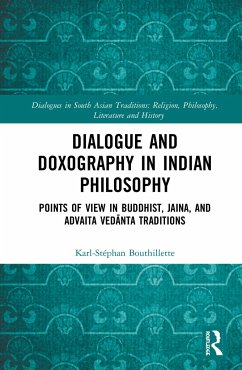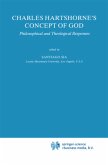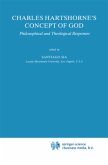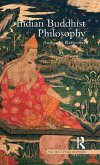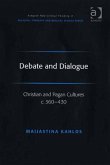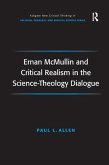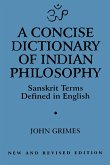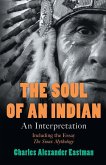This is the first book fully dedicated to Indian philosophical doxography. It examines the function such dialectical texts were intended to serve in the intellectual and religious life of their public. It looks at Indian doxography both as a witness of inter- and intra-sectarian dialogues and as a religious phenomenon. It argues that doxographies represent dialectical exercises, indicative of a peculiar religious attitude to plurality, and locate these 'exercises' within a known form of 'yoga' dedicated to the cultivation of 'knowledge' or 'gnosis' (jñ¿na). Concretely, the book presents a critical examination of three Sanskrit doxographies: the Madhyamakah¿dayak¿rik¿ of the Buddhist Bh¿viveka, the ¿ädar¿anasamuccaya of the Jain Haribhadra, and the Sarvasiddh¿ntasägraha attributed to the Advaitin ¿äkara, focusing on each of their respective presentation of the M¿m¿¿s¿ view. ¿ It is the first time that the genre of doxography is considered beyond its literary format to ponder its performative dimension, as a spiritual exercise. Theoretically broad, the book reaches out to academics in religious studies, Indian philosophy, Indology, and classical studies.
Hinweis: Dieser Artikel kann nur an eine deutsche Lieferadresse ausgeliefert werden.
Hinweis: Dieser Artikel kann nur an eine deutsche Lieferadresse ausgeliefert werden.

